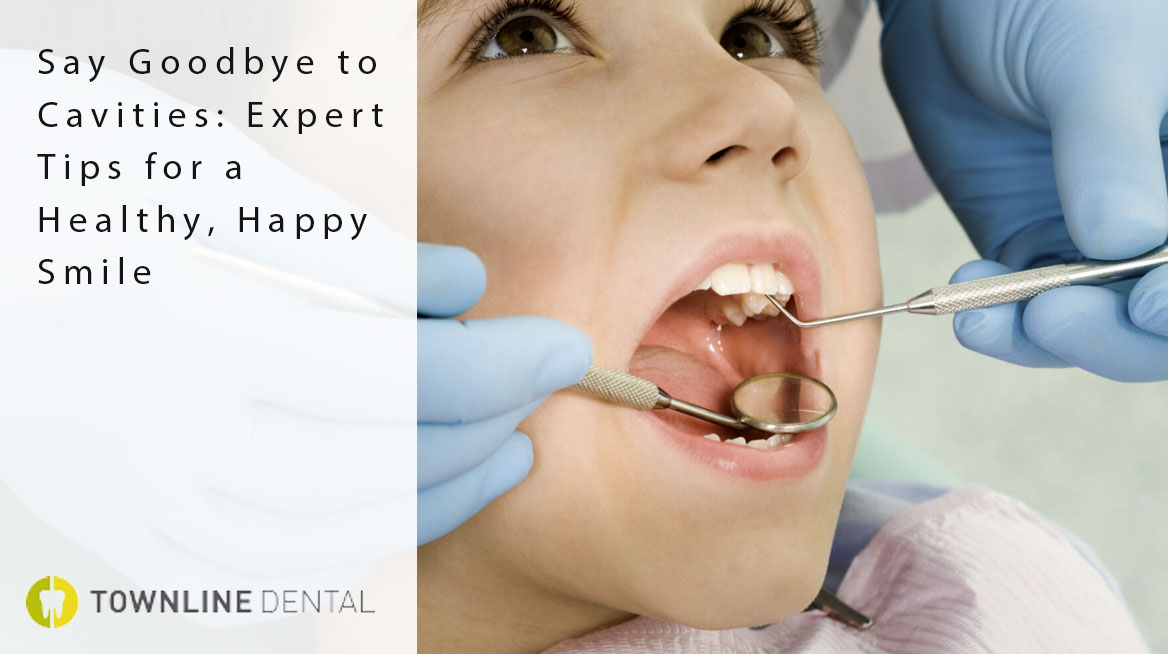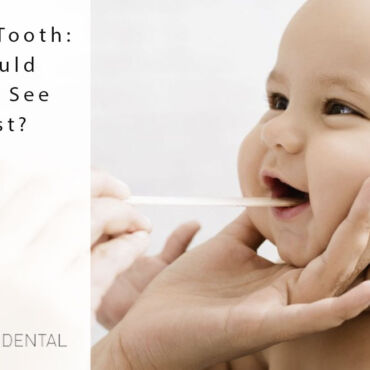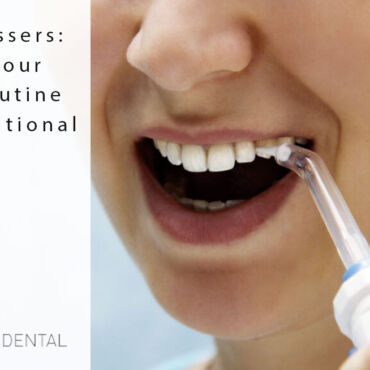Want to keep your smile healthy and cavity-free? You’re in the right spot! Check out these expert tips to help you keep your smile happy and confident. Don’t let cavities ruin your smile—follow these tips, and you’ll easily keep a healthy and happy smile for life.
What causes cavities?
Cavities, or dental caries, stem from a combination of factors, with the primary instigator being oral bacteria coexisting with food particles and saliva. This bacteria generates acids that gradually erode the protective enamel layer of teeth. Inadequate oral hygiene, marked by insufficient brushing and flossing, allows plaque to accumulate, creating an environment for bacterial growth. A diet rich in sugary and acidic substances accelerates decay, as oral bacteria thrive on these sugars, releasing acids that attack the enamel. Lifestyle habits like smoking and excessive alcohol intake can further heighten the risk by weakening the immune system. Addressing these factors is pivotal in preventing cavity formation.
Signs and symptoms of cavities
Detecting and addressing cavities early on is vital for effective treatment. Although some cavities may not initially exhibit noticeable symptoms, there are common indicators to be mindful of:
- Tooth Sensitivity: Discomfort or pain when consuming hot, cold, or sweet items may indicate a cavity. This sensitivity arises from enamel erosion, exposing the vulnerable dentin layer beneath.
- Toothache: A persistent, throbbing toothache, particularly during biting, may signal a cavity. The pain’s intensity can vary and might be accompanied by swelling or the formation of pus around the affected tooth.
- Visible Holes or Pits: Cavities can manifest visible changes in the affected tooth, such as small holes, pits, or dark spots on the surface. These alterations signify the progression of decay, necessitating timely intervention.
- Bad Breath: Bacteria linked to cavities produce unpleasant odors. Consistent bad breath, even with proper oral hygiene practices, could indicate underlying tooth decay.
Tips on preventing cavities
Establishing a cavity-free dental routine begins with consistent oral care practices. Here are expert recommendations to help maintain the health of your teeth:
- Brush Twice Daily: Brush your teeth for two minutes, twice daily, using a soft-bristled toothbrush and fluoride toothpaste. Ensure thorough coverage, including the often-overlooked back molars.
- Daily Flossing: Complement brushing with daily flossing to reach interdental spaces, removing plaque and food particles. Make it a nightly habit for comprehensive oral care.
- Select Fluoride Toothpaste: Opt for fluoride toothpaste to strengthen enamel and shield against cavities. Seek personalized recommendations from your dentist to address specific oral health needs.
- Integrate Mouthwash: Incorporate an antimicrobial mouthwash into your routine to combat bacteria and maintain fresh breath. Choose a fluoride-containing mouthwash and use it after brushing and flossing.
- Mindful Diet: Control sugary and acidic food and beverage intake, as they contribute to enamel erosion. Embrace a balanced diet with fruits, vegetables, and dairy for essential nutrients supporting strong teeth.
- Hydration is Key: Stay hydrated with water to wash away debris, neutralize acids, and stimulate saliva production—essential for a healthy oral environment.
- Explore Dental Sealants: Consider dental sealants, a preventive measure involving a protective coating on back teeth’s chewing surfaces. This extra barrier reduces the risk of bacteria and plaque, lowering cavity risks.
Additional tips for maintaining a healthy smile
Beyond the preventative steps outlined earlier, incorporating certain habits and practices into your routine can further contribute to maintaining a vibrant and healthy smile:
- Regular Dental Check-ups: Schedule routine dental check-ups and cleanings to ensure early detection of cavities and other oral issues. Your dentist can spot potential problems and offer appropriate treatments to prevent further complications.
- Replace Toothbrush Regularly: Swap out your toothbrush every three to four months or earlier if bristles show signs of wear. Frayed bristles are less effective at cleaning teeth.
- Steer Clear of Tobacco and Excessive Alcohol: Tobacco use, whether smoked or chewed, heightens the risk of cavities and oral diseases. Excessive alcohol consumption weakens the immune system and impacts oral health. Quitting tobacco and moderating alcohol intake can significantly enhance oral well-being.
- Explore Dental Treatments: Depending on your oral health, additional treatments like professional fluoride applications, dental fillings for cavities, or dental crowns for severe decay may be necessary. Consult your dentist for personalized advice on the most suitable treatment options.
Remember, prioritizing prevention over cure is key in cavity management. Adopting sound oral hygiene practices, making healthy lifestyle choices, and seeking regular dental care all contribute to maintaining a cavity-free smile for the long term.
Take control of your oral health
To maintain a healthy and happy smile, start by taking charge of your oral health. Follow the expert tips here to prevent cavities, protect your natural teeth, and enjoy a confident smile. Whether it’s practicing good oral hygiene or making smart food choices, each step is vital for shielding your teeth from decay. With commitment, say goodbye to cavities. Make oral care a daily priority, and don’t forget to schedule regular dental check-ups – your smile will thank you! Call Townline Dental at 604-744-1513 to book an appointment.


